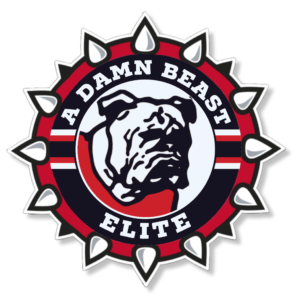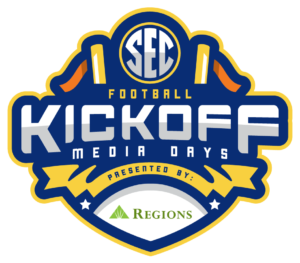The 2023 Georgia Bulldogs have assembled a defensive line that embodies strength, skill, and raw talent. Under the guidance of Coach Tray Scott, and with the strategic oversight of defensive coordinators Glenn Schumann and Will Muschamp, this group of Nazir Stackhouse, Zion Logue, Tramel Walthour, Warren Brinson, Mykel Williams, Jordan Hall, Jamaal Jarrett, Tyrion Ingraham-Dawkins and others promises to dominate the field for the Dawgs.
Nazir Stackhouse:
A force to be reckoned with, Stackhouse brings an unparalleled level of power and intensity to the defensive line. His agility and ability to penetrate the offensive line make him a formidable presence on the field. Stackhouse’s explosiveness and relentless pursuit of the ball carrier make him a key asset in disrupting opposing offenses.
Zion Logue:
Logue’s versatility is key, possessing both the size and athleticism to excel in various defensive schemes. Logue’s ability to create pressure and collapse the pocket often leaves quarterbacks scrambling for a way out. His quickness off the snap and solid tackling technique make him a consistent threat to opposing offenses.
Tramel Walthour:
Walthour’s exceptional strength and technique make him a valuable asset to the Bulldogs’ defensive line. His ability to control the line of scrimmage and shed blockers allows him to disrupt running plays effectively. Walthour’s dedication to his craft and relentless work ethic make him a player to watch in the coming season.
Warren Brinson:
Brinson’s intelligence and football IQ contribute greatly to the Bulldogs’ defensive line success. Brinson’s ability to read plays and quickly react allows him to make impactful tackles and disrupt offensive game plans. With his natural instincts and physicality, Brinson consistently demonstrates his potential to be a dominant force in the trenches.
Mykel Williams:
Williams showcases an impressive combination of size, speed, and agility. His ability to generate pressure from the edge and disrupt passing plays is a testament to his exceptional athleticism. Williams’ versatility and strong work ethic make him a valuable asset to the Bulldogs’ defensive line.
Jordan Hall:
Hall’s tenacity and relentless pursuit of the ball make him a standout player on the Bulldogs’ defensive line. His ability to quickly diagnose plays is a testament to his football IQ, while his energy and athleticism will allow him to contribute to the overall success of the unit this fall.
Jamaal Jarrett:
Jarrett’s explosiveness off the line of scrimmage is a sight to behold. A space-eater in the middle, his ability to create chaos in the backfield disrupts opposing offenses and forces quarterbacks into making hasty decisions. Jarrett’s natural athleticism and determination make him a critical component of the Bulldogs’ defensive line.
Tyrion Ingraham-Dawkins:
Ingraham-Dawkins displays incredible strength and power, and he is poised to step forward and be a dominant force on the defensive line. His ability to shed blockers and collapse the pocket is a testament to his raw talent. Ingraham-Dawkins’ physicality and relentless pursuit of the ball carrier will keep him on the field.
The 2023 Georgia Bulldogs defensive line is a force to be reckoned with and the 2023 edition should continue the level of excellence, especially against the run, that the unit has displayed in recent seasons.



 damn good dawg
damn good dawg




